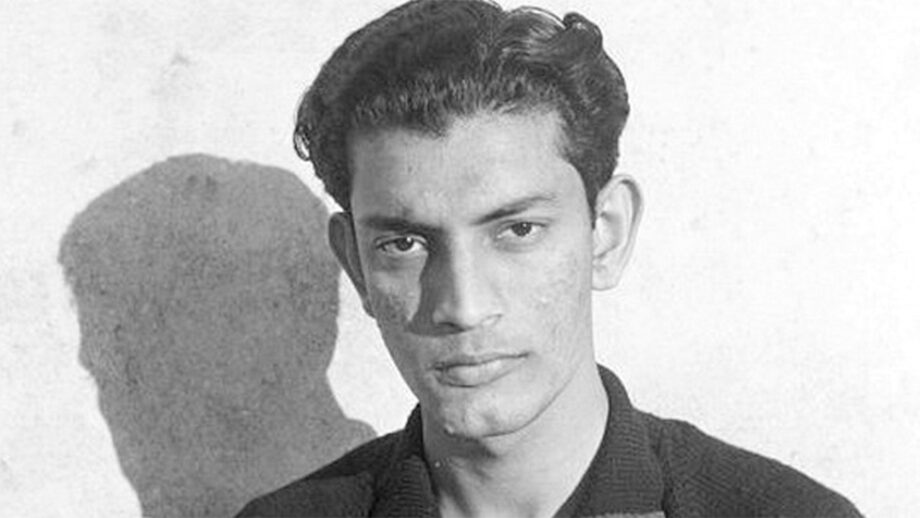Purists in Bengal are horrified by the tone tenor content and language of Netflix’s Ray,an anthology of four stories written by the iconic Satyajit Ray and brought to the screen by directors Srirjit Mukherjee, Abhishek Choubey and Vasan Bala.
“This is not Ray at all,” a leading Bengali filmmaker tells me. “I am shocked that Srijit Mukhrerjee who is familiar with Ray’s work should deem it fit to turn around Ray’s stories and subvert them.”
New characters have been added to the original stories,the settings have been changed to a contemporary urban milieu and the characters speak in English with the ‘f’ word thrown in with a casualness that would have appalled Raw. This revisionist take on Ray throws up a whole debate on how far the auteur can go in pursuit of his own interpretation of a classic.
Of course Shakespeare is always open to varied interpretations. Romeo & Juliet has been filmed faithfully by Franco Zeffirelli , and as as punk-styled psychedelic slurpy surreal romp by Baz Luhrmann
And no one objected.
But then Ray is Ray. “You can’t change his narrative as drastically as these stories have. Srijit Mukherjee is Bengali. He should have been responsible towards the content. Ali Fazal who stars in one of Srijit’s stories says the anthlogy can’t be compared with his cinema because this anthlogy is adapted from Ray’s writing and not his cinema. Ali doesn’t understand that in Bengal Ray the filmmaker and Ray the litterateur are equally revered. You can’t tamper with Ray’s vision.”
Ali Fazal has been quoted as saying, “I have seen that a lot of people are trying to make comparisons but can’t possibly, because his cinema was very different from his writing. This is a written piece. In fact, in the original there were no female characters. So, we included female characters in our short. We tried… of course, it takes a darker path,”

